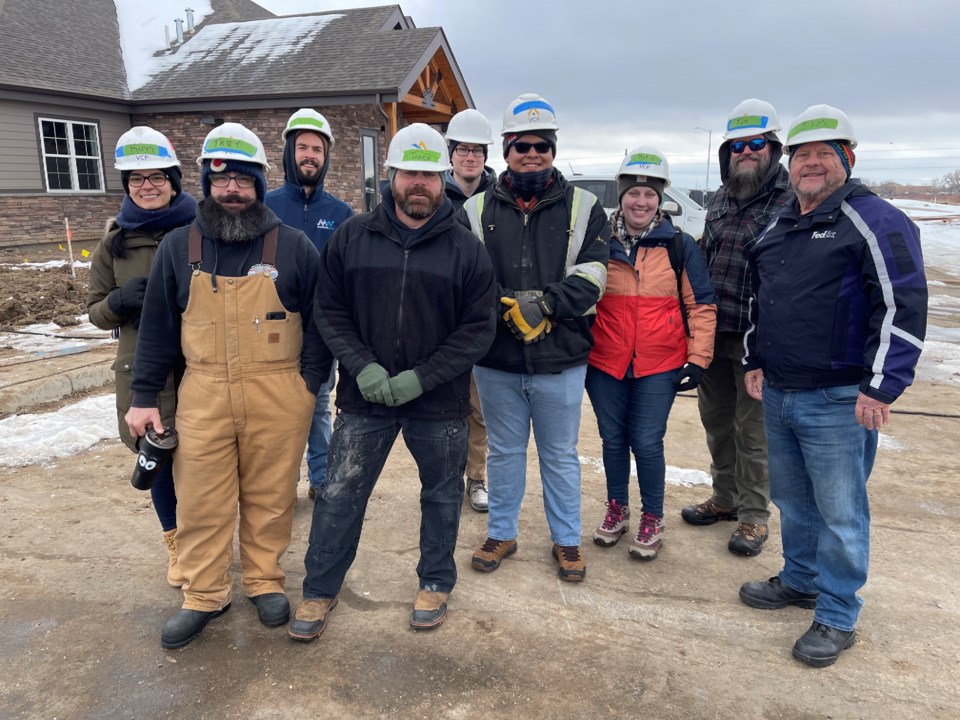Jaén Chávez signed up for the Marines in order to secure a better future for his family.
“I knew if I were to go to college, my mom would have given an arm and a leg just for me to go to college and she already works so hard,” Chávez said.
Chávez spent four years in the Marines and received money from the GI Bill to go to college. He is a year away from earning an associate’s degree in general engineering at Front Range Community College’s Boulder County Campus.
One day on campus, Chávez was feeling tired and needed a quiet place to rest. He discovered that the Boulder County Campus had a veteran's room.
When Chávez entered the room he found it covered in spider webs and dirt with mops, he said.
Inspired by an advisor who was trying to clean up rooms like this, Chávez decided to gather a group of students to take on the task.
“I felt kinda bad knowing that a place meant for veterans was not taken care of well and I just felt like it was a responsibility of mine to uphold my traditions and have a place for all veterans to be at, a place where we could be comfortable in and feel pride in,” Chávez said.
Soon after rejuvenating the room, Chávez and other Front Range Veterans established a group on campus. The room now offers veterans a comfortable place to study, take tests and to help one another get through school assignments, Chávez said.
The Student Veterans Organization is on a mission to help other veterans or veteran groups at the school or in the community. Shortly after forming the group, they volunteered to build tiny homes for the Veterans Community Project in Longmont, Chávez said, adding that the student group was able to use it as a bonding experience.
The group meets every other week to discuss their business and fills the weeks in between with community outreach on campus by hosting a lunch. Students — even those without a military background — were welcomed into the small Front Range Veteran’s community to learn more about what it really means to be a veteran.
“There is a lot of stigma and prejudice, on both ends. We’re not all gung ho, ready to hurt people or are mentally ill or physically ill. We’re all just humans who are trying to get through the past and who are complaining about the same things,” Chávez laughed. “But mostly it just comes down to being open with other students who don’t fully comprehend the military life and who are just curious.”
Building a bridge between students and veterans allows both groups to open up and understand one another, but it also allows the veterans to feel more comfortable with their past experiences.
“We as veterans sometimes have a hard time asking for help and because we are from a military background, we might treat each other like we did back in the day, when that is not the case,” Chávez said. “ We’re trying to instill the idea that we are a group that is here for one another and we are not part of the military world anymore.”
Chávez will spend one more year at Front Range before transferring to Colorado State University where he plans to earn a bachelor’s degree in engineering. He expects that he will find another veterans group there and hopes to bond with that group to continue making a change.



